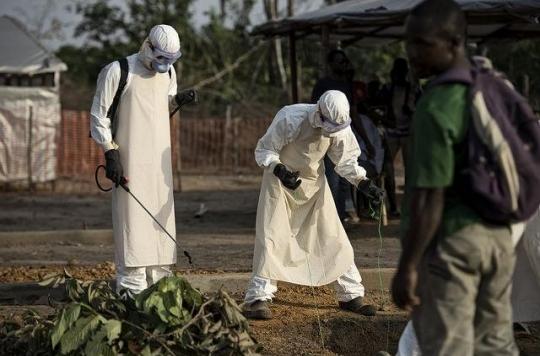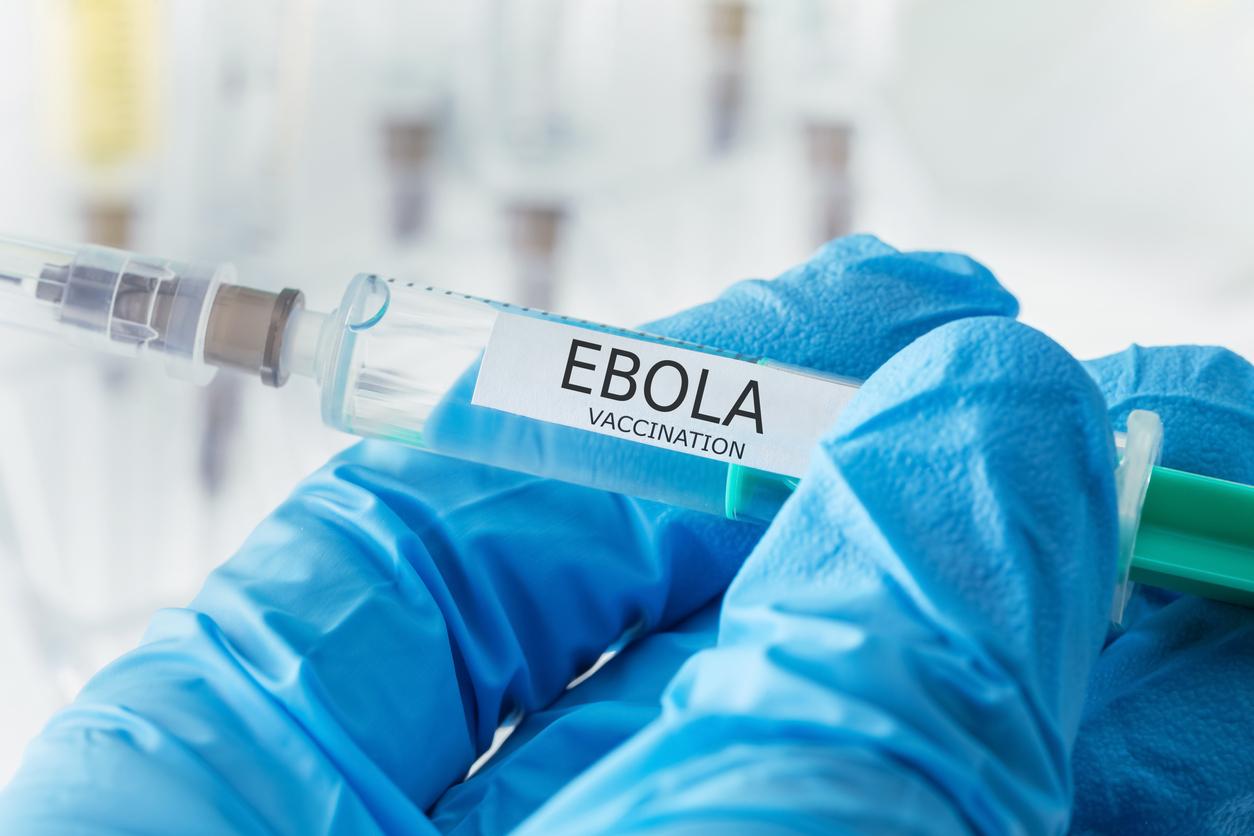One year after their recovery, most survivors of the Ebola virus have sequelae and suffer from depression, anxiety and chronic fatigue.

The Ebola epidemic that raged in Sierra Leone, Liberia and Guinea between 2013 and 2015 is well over, but some people in these three countries have not yet finished with the disease. Officially, they are healed. But many are those who have sequelae a year after being healed.
Their number has been estimated by researchers at the University of Liverpool. In an article that they publish in the journal Clinical infectious diseases, they affirm in particular that nearly 4 survivors out of 5 (78%) present mobility problems, that is to say approximately 7 times more than in the rest of the population.
Difficulty getting around
They found patients treated at the Ebola Survivors Clinic at 34 Military Hospital in Freetown, Liberia, and analyzed their symptoms – not the underlying conditions.
These survivors are more than 200 times more likely to experience difficulty walking or climbing stairs. Pain, fatigue, anxiety and depression, all linked to the infection, are the four factors that contribute to this loss of mobility, researchers say.
But these are not the only symptoms spotted. A year after their recovery, the survivors still suffer from vision problems, but also neurological disorders. A third of them say that they have difficulty accessing their memories or concentrating.
A slow disappearance
A previous study on the infected Guinean population, carried out by Inserm, had already shown these sequelae: musculoskeletal and abdominal pain, visual disturbances, headaches. But the proportions were less important than for that of the University of Liverpool.
She had also noted that they were disappearing. “Fortunately, the frequency of these symptoms tends to diminish over time and become less significant as one moves away from the acute phase of the infection”, explained Eric Delaporte, director of the International Joint Unit. “Translational research on HIV and infectious diseases”, in an Inserm press release.
Extended care
French researchers believe that an 18-month follow-up is necessary. Their colleagues from Liverpool confirm.
“This study sheds light on the fact that infection with the Ebola virus causes substantial long-term disabilities,” summarizes Dr Janet Scott, specialist in infectious diseases at the University of Liverpool (United Kingdom), and one from the authors of the study. By better understanding post-Ebola syndrome, we would be better able to care for future patients who contract Ebola, and those suffering from sequelae caused by other severe viral infections. “
They add that physical symptoms are not the only ones that deserve follow-up. “The issues of anxiety and persistent depression in Ebola survivors should not be overlooked,” said Dr Soushieta Jagadesh, a specialist in tropical medicine, and one of the study’s authors.
Their experience might not be long in serving. The World Health Organization believes that a new epidemic in Africa is inevitable. Cases have already been identified in the Democratic Republic of Congo.
.















